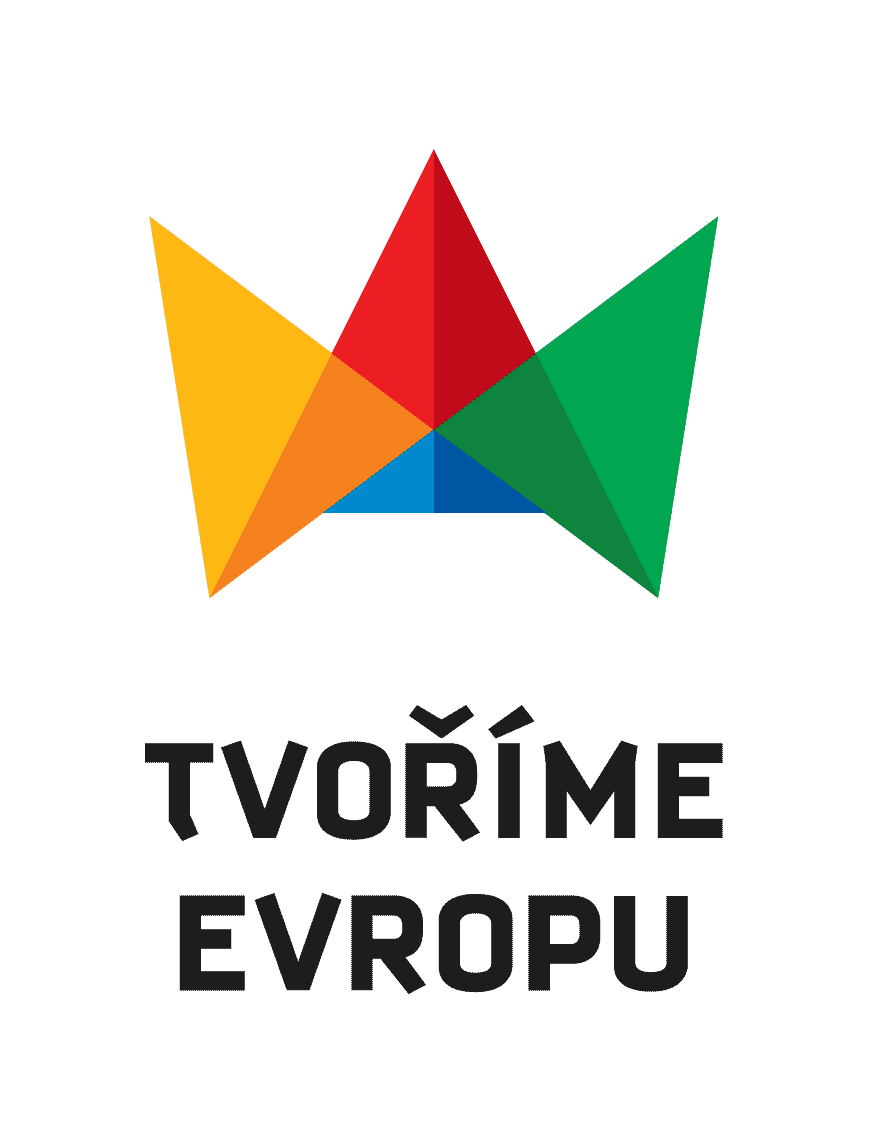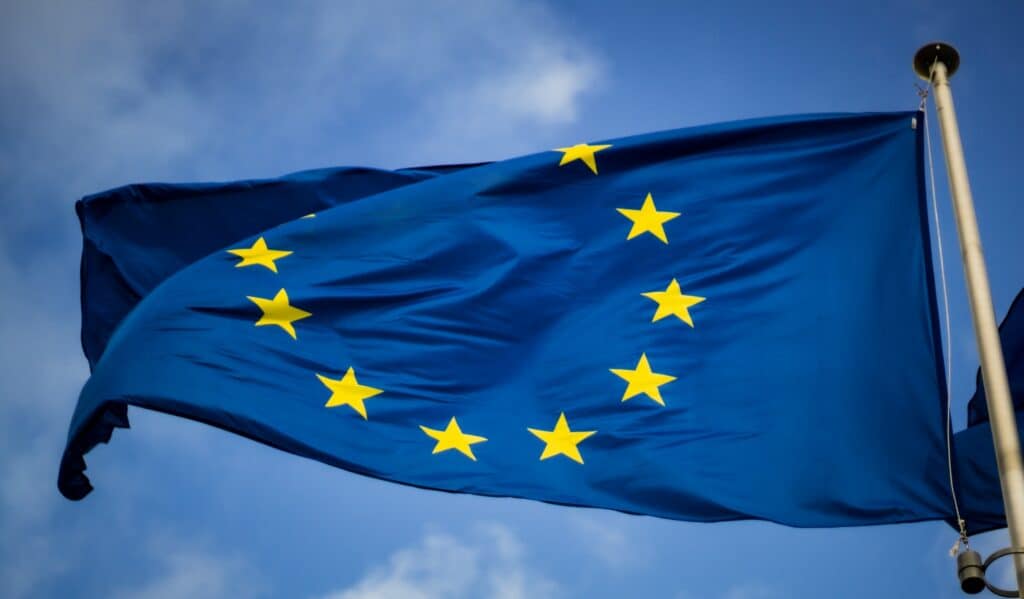25.12.2020
Office of the Government
The state of emergency in the Czech Republic, declared due to the SARS-CoV-2 coronavirus pandemic, will now be in effect until 22 January 2021. Its fourth extension, for 30 days, was ruled on by the government of Andrej Babiš at an extraordinary meeting on Wednesday,23 December 2020, based on prior consent given by the Chamber of Deputies. The government has also decided to tighten the crisis measures taken in view of the transition to level 5 of the PES anti-epidemic system, which will take place on Sunday 27 December.
In parallel with the extension of the state of emergency, the government has extended the validity of all crisis measures taken so far until 26 December inclusive. It has made only a few minor adjustments in connection with the Christmas holidays. Retail and service outlets will be able to open on Christmas Eve (24 December) until 12 noon, and sports equipment service and rentals, ski schools, information centres, car parks and parking garages in ski resorts, as well as ski lift operators, will now be exempt from the ban on operations during public holidays. The government has also granted an exemption to the night curfew to participants at Midnight Mass on 24 December, until 2:00 on the 25th.
From 27 December, the Czech Republic will move into the 5th level of the PES anti-epidemic system. The government has therefore approved the corresponding more stringent measures, to apply until 10 January 2021. As a result, the night curfew, which will now start at 9 pm, has been extended again. All shops and services, including dispensing windows, will have to close at this time, and the government has again placed significant restrictions on them; once more, only defined basic types of retail goods and services will be allowed.
At the same time, however, the government has made all types of establishments equal by saying that the ban will relate exclusively to the range of goods and services and will no longer be tied to the size of the outlet. In practice, this means that large supermarkets will not be allowed to offer their customers additional goods that cannot be offered and sold by other establishments. All of these will be able to be open on Sundays as well.
From 27 December, the ban will also apply to ski lifts and public cable cars used to access ski slopes. Only the transport of goods and materials and the transport of persons for other purposes will be permitted. The sale of non-food goods in street markets, markets and mobile units will once again be banned.
Public gatherings will be limited to two people. A maximum of fifteen people will be able to attend weddings, funerals and entry into a registered partnership. For church and religious gatherings, the permitted capacity in churches and prayer rooms has been reduced to a maximum of ten percent of the seating capacity, but choral singing is now allowed again, provided that the singers or choir are separated from other participants at the gathering, to prevent the spread of droplets.
Schools will also return to a stricter regime after the end of the Christmas holidays. Until 10 January, only kindergartens and the first and second years of elementary schools will be able to operate. Exceptions remain in place for special schools, practical teaching and practice, for examinations and for individual consultations. In parallel, the government has again ordered regional governors and the Mayor of Prague to provide essential care for children aged 3 to 10 whose legal guardians work in fields important for the operation of the state, such as employees of the integrated rescue system, the security forces and the Army, the municipal police, hygiene, healthcare, social workers, labour exchanges, employees of schools and kindergartens and the Czech postal service. The operation of authorities and institutions and office hours for the public will once more be limited to the necessary minimum.
The government has also decided to modify the current measure banning flights between Great Britain and the Czech Republic. In addition to out-patient, repatriation and rescue flights, flights shall be permitted for passengers presenting a negative antigen or RT-PCR test to the air carrier before boarding the aircraft; this must be carried out in the United Kingdom of Great Britain and Northern Ireland no later than 72 hours before departure. Only the following may be passengers on such a flight: Czech citizens and their family members; EU citizens who have a temporary or permanent residence permit in the Czech Republic, and their family members; holders of a valid long-term visa, long-term or permanent residence permit in the Czech Republic. Other foreigners may use such a flight only for air transit or transfer at the same airport, provided that they do not remain in the Czech Republic for more than 12 hours.
The government also considered information from the Deputy Prime Minister and the Minister of Industry and Trade (MIT) on current support for businessmen affected by the Covid-19 pandemic. The Cabinet decided that the MIT will no longer continue to prepare the Covid-Gastro sectoral support programme; a new Covid-Closed Establishments compensation programme will be prepared for all affected establishments. The aim is for all affected sectors to be fairly supported on an equal basis. Deputy Prime Minister Havlíček was given the task of presenting a subsidy programme modified in this way at the next meeting of the cabinet.
Businessmen will thus have at their disposal four basic support programmes: Antivirus Plus, Covid-Rental, the compensation bonus and the new Covid-Closed Establishments programme.
Useful information
- Hotline
Ministry of Transport
+420 225 131 820Ministry of Industry nad Trade
+420 224 854 444Ministry of Foreign Affairs
+420 224 183 200Ministry of Interior (borders, security)
+420 739 608 533Ministry of Education, Youth and Sports
+420 778 725 602 - Current information on Covid-19 caused by the Chinese coronavirus on the website of the Ministry of Health – information for citizens and healthcare workers, current data.
- Entry into the territory of the Czech Republic
- The European coronavirus response team
Autor: Office of the Government

